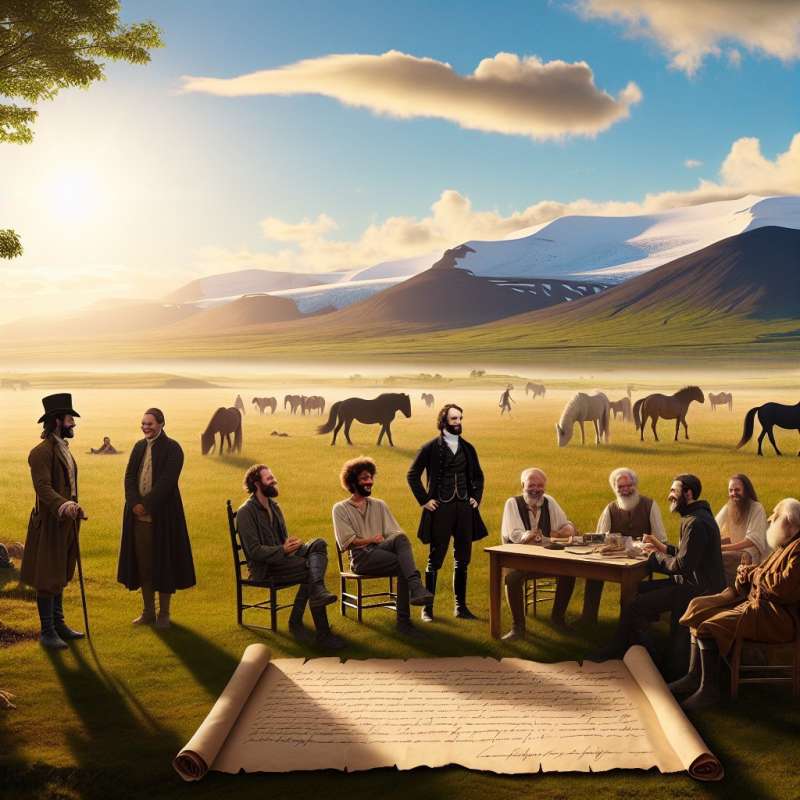
Defining Anarcho-Capitalism
Anarcho-capitalism merges anarchism with capitalism. It advocates for voluntary associations and a society free from state influence, where all services are provided by private entities.
Origins and Philosophy
Traced back to 19th century thinkers, modern anarcho-capitalism was shaped by economists Murray Rothbard and Friedrich Hayek, stressing property rights and free markets without state control.
Property Rights Centrality
Property rights are paramount in anarcho-capitalism. The belief is that a free market respecting individual property rights naturally leads to order and mutual cooperation.
State's Role: None
Anarcho-capitalists argue the state's functions, including law enforcement and courts, should be privatized, and competitive market forces should regulate them.
Criticism and Debate
Critics question anarcho-capitalism's feasibility, highlighting potential for corporate tyranny and neglect of the disadvantaged without state intervention.
Global AnCap Examples?
No pure anarcho-capitalist society exists, but the closest examples include medieval Iceland and the American Old West, though both had elements of governance.
Modern Movement
Today's anarcho-capitalists are active in online communities and political activism, aiming to influence policy towards minimizing government and maximizing individual freedom.
What does anarcho-capitalism advocate for?
State-controlled services
Voluntary associations, no state influence
Government-regulated capitalism
Company